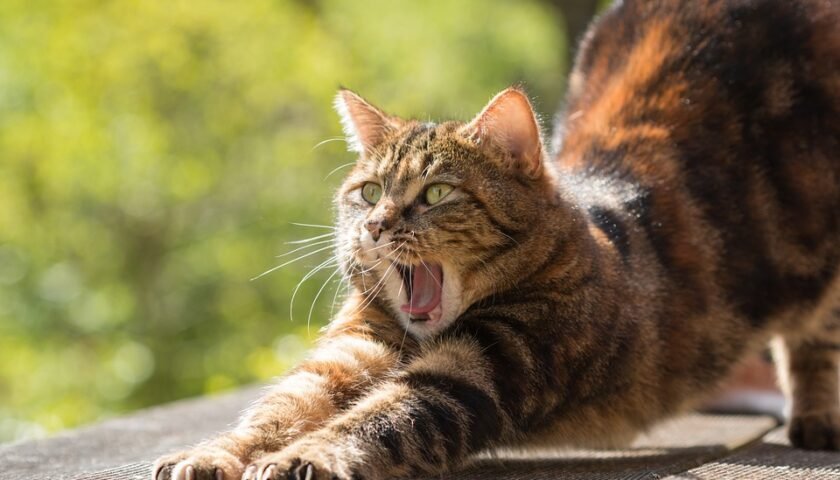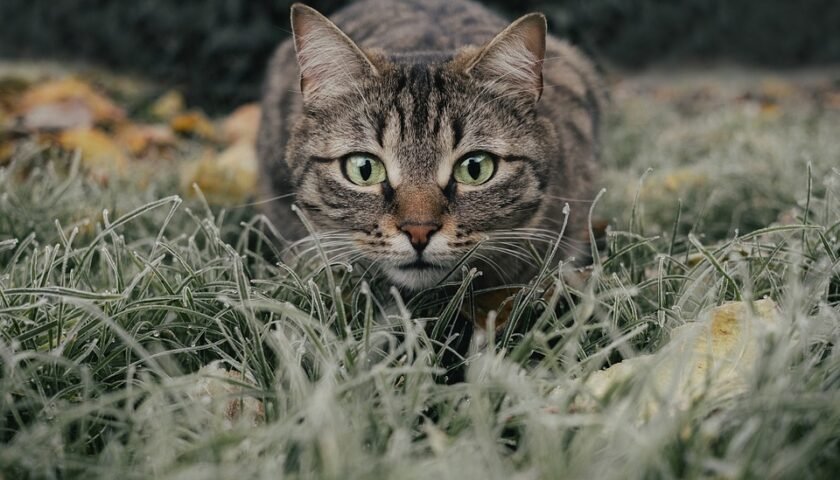[ad_1]
As our beloved pets age, it becomes our responsibility as pet parents to provide them with the care and attention they need to age gracefully. Just like humans, senior pets require a little extra support to maintain their health and wellbeing. With a few essential tips and a little extra love, you can ensure that your senior pet lives out their golden years happily and comfortably.
1. Regular veterinary check-ups: It’s crucial to maintain regular check-ups with your veterinarian to monitor your pet’s health and catch any potential issues early on. Old age can often bring about various health conditions such as arthritis, cataracts, dental problems, and organ dysfunction. Regular visits to the vet can help identify these issues and provide appropriate treatment or management plans.
2. Balanced diet: Senior pets require a specially formulated diet that meets their changing nutritional needs. As pets age, their metabolism slows down, and they may require fewer calories to maintain a healthy weight. Additionally, many senior pets may develop specific dietary needs or sensitivities. Consult with your veterinarian to determine the best diet for your aging pet, considering factors such as weight management, joint health, and overall vitality.
3. Exercise and mental stimulation: While senior pets may not have the same energy levels as they did when they were younger, it’s still essential to provide them with regular exercise to keep their joints limber and their muscles strong. However, tailor their exercise routine to their individual needs and capabilities. Light walks, gentle play sessions, and low-impact exercises can still provide them with physical and mental stimulation without causing discomfort or exhaustion.
4. Comfortable living arrangements: As pets age, they may develop mobility issues or experience difficulty getting in and out of their favorite places, such as beds or sofas. Consider providing them with cozy pet beds or blankets in easily accessible locations. You may also want to use ramps or steps to help them navigate stairs or furniture more comfortably. Creating a comfortable and safe living environment will significantly improve your pet’s quality of life.
5. Regular grooming and dental care: As pets age, their grooming needs may change. They may have a harder time grooming themselves or may develop skin conditions that require extra attention. Regular brushing or bathing can help maintain their coat’s health and keep their skin clean. Additionally, dental care is essential for senior pets as they may be prone to dental diseases. Regular dental cleanings or at-home dental care routines can prevent painful dental issues and improve their overall health.
6. Provide emotional support: Just like humans, senior pets may experience cognitive changes and may be prone to anxiety or loneliness. Spending quality time with them, engaging in gentle play, or providing mental stimulation through puzzle toys can help keep their minds sharp and their spirits high. Maintain a soothing and calm environment, and be patient with them if they develop confusion or memory loss.
7. Adapt to their changing needs: As your pet ages, it’s crucial to be observant and responsive to their changing needs. Their dietary preferences may change, they may require more frequent potty breaks, or they may need medication to manage chronic conditions. Being adaptable and making necessary adjustments to accommodate their needs is vital in ensuring a comfortable and stress-free life for your senior pet.
All pets deserve to age gracefully and receive the love and care they deserve. By providing essential medical care, a balanced diet, regular exercise, and a supportive environment, you can nurture your senior pet and ensure their golden years are filled with comfort, happiness, and love.
[ad_2]




